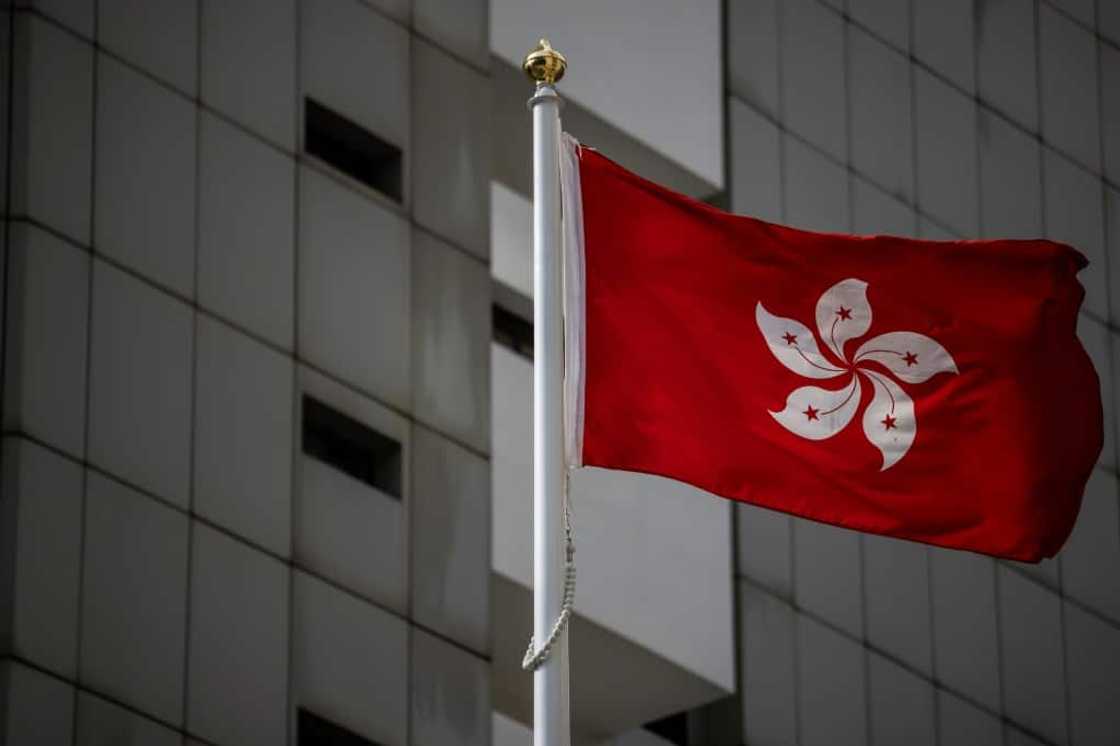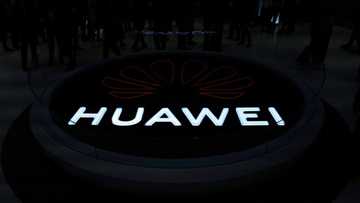US outlet Radio Free Asia closes Hong Kong office over security law fears

Source: AFP
The US news outlet Radio Free Asia (RFA) said Friday that it had closed its office in Hong Kong over staff safety concerns after the city enacted a new national security law.
The Chinese finance hub last week brought into force a homegrown security law -- commonly known as Article 23 -- that introduced tough penalties for crimes such as treason, espionage and external interference.
RFA president and CEO Bay Fang said in a statement that the company no longer had full-time staff in Hong Kong and has closed its physical office, citing "concerns about the safety of RFA staff and reporters".
"Actions by Hong Kong authorities, including referring to RFA as a 'foreign force,' raise serious questions about our ability to operate in safety with the enactment of Article 23," Fang said.
A government spokesperson declined to comment on "operational decisions of individual organisations", but said authorities "strongly disapprove of and condemn all scaremongering and smearing remarks" in relation to the national security law.
"To single out Hong Kong and suggest that journalists would only experience concerns when operating here but not in other countries would be grossly biased, if not outrageous," the spokesperson told AFP on Friday.
PAY ATTENTION: Let yourself be inspired by real people who go beyond the ordinary! Subscribe and watch our new shows on Briefly TV Life now!
Hong Kong's security chief Chris Tang slammed RFA last month for "smearing" Article 23 when it reported that some new offences would target the media.
RFA's article had quoted criticism of the law.
When asked whether RFA had breached the law, Tang later said that he wanted to alert the public to wrong information peddled by "foreign forces".
The Washington-headquartered news outlet is funded by the US Congress through an independent federal government agency that oversees the country's civilian international media, according to its website.
RFA opened its Hong Kong office in 1996 and has operated as a private news organisation with editorial independence, according to Fang's statement Friday.
Citing its "frontline status", Fang said that "RFA will shift to using a different journalistic model reserved for closed media environments".
RFA is the first foreign media outlet to publicly announce its closure in Hong Kong since the national security law came into effect on March 23.
Hong Kong officials have defended the new security legislation -- the second of its kind, following one imposed by Beijing in 2020 -- as necessary to "plug" security loopholes.
Authorities also cited a "constitutional responsibility" to create it under the Basic Law, Hong Kong's mini-constitution since its handover from Britain to China in 1997.
The United States, the European Union, Japan and Britain have been among Article 23's strongest critics.
Source: AFP



